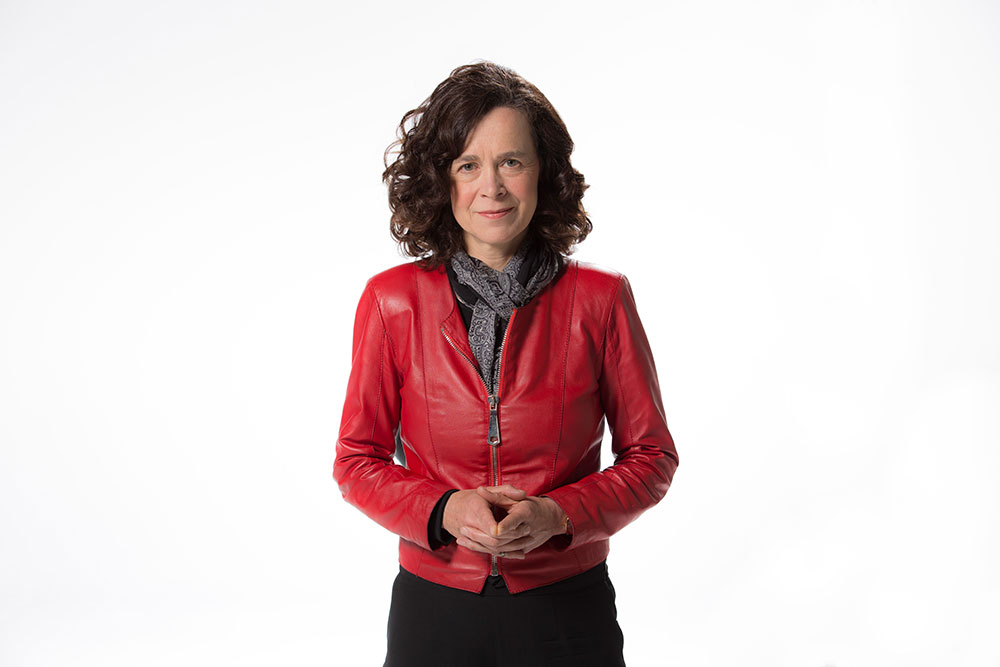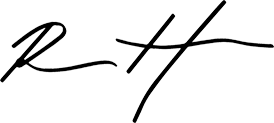
For the last fifteen years, three truths have kept me up at night.
First, the world is on fire. The burning of fossil fuels—the driving force of modern industrialization—is killing hundreds of thousands of people, while simultaneously destabilizing the earth’s climate, rising sea levels and driving mass extinction.
Second, wealth is rushing to the top. The fifty richest people among them own more than the poorer half of humanity, while more than six billion live on less than $16 a day. Billions of people lack access to adequate education, health care, and the chance for a decent job, while advances in robotics and artificial intelligence (AI) threaten to throw millions out of work.
And third, the institutions that have historically held the market in balance—families, local communities, the great faith traditions, government—are crumbling or even vilified. In many countries the increasing belief that there is no guarantee that one’s children will be better off than oneself has helped to fuel violent waves of anti-minority and anti-immigrant sentiment that threaten to destabilize governments across the world. A new generation of authoritarian populists is taking advantage of a toxic mix of rage and alienation to consolidate power.
For the last fifteen years, I’ve wrestled with the question of what businesses can do about these problems and what our role as individuals might be. What has emerged, at the end? One feeling: hope.
It is hope I feel when I meet the passionate student, the entrepreneur whose solution could change everything, the purpose-driven CEO. It is hope I feel when I read about the times, and there have been many, when citizens, governments, and businesses have worked together to fight impossible odds. It is hope I feel when I realize that, in fact, we can build a profitable, equitable, and sustainable capitalism.



